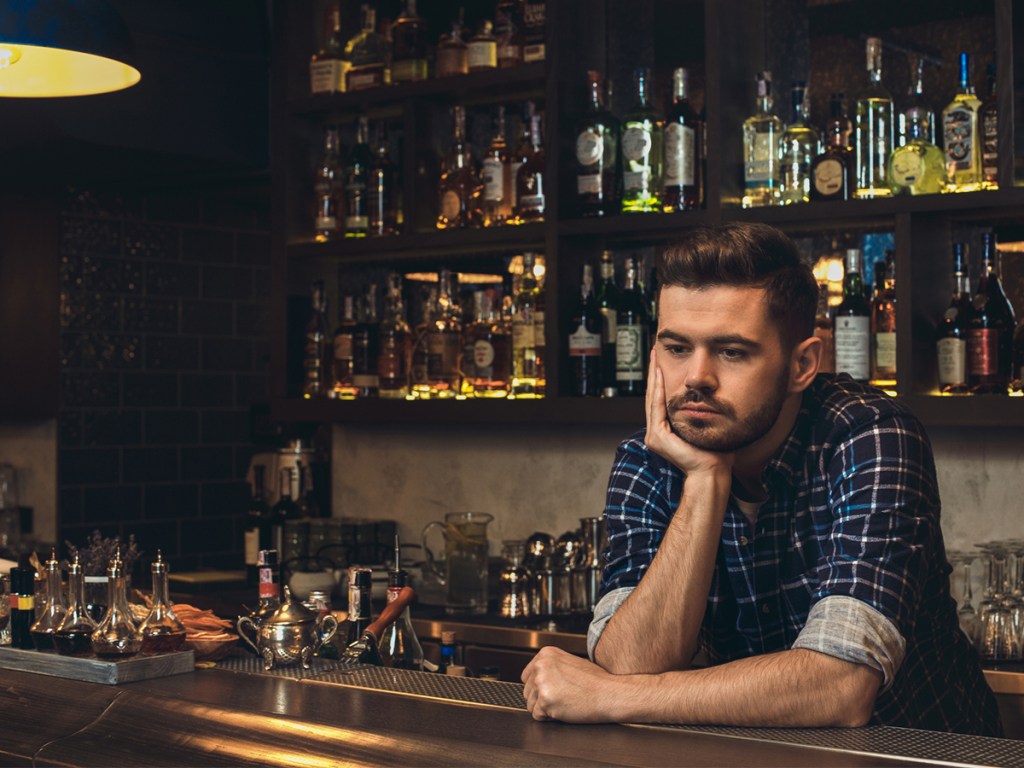Last year’s COVID-19 lockdown could affect New Zealanders’ mental health for years to come and current demand for talking-based therapies is already overwhelming services, says a University of Canterbury Psychologist.
Dr Neil Thompson, Director of the UC Psychology Centre, says there’s no doubt the pandemic and associated lockdowns have led to a rise in mental health problems, particularly anxiety and depression.
“We’ve definitely seen an increase in demand for our services. We now have a six-month wait list and we’ve had to close our books to new clients. The demand is huge because mental health needs have gone up since COVID.”
New Zealand’s first Alert Level 4 lockdown, which began a year ago at midnight on 25 March last year, confined most people to their homes and neighbourhoods to curb the spread of COVID-19.
Thompson says the fallout from this unprecedented event could last several more years.
“It’s going to be with us for a long time,” he says.
“We know from other national crises that there’s normally a delay before people present with associated problems.
“So, I think with COVID, we are probably still in the early stages and we may well see a peak in need further down the line.”
Humans are social animals, he says, and all age groups were affected by the sudden and profound shift in normal routines that happened last year.
“In adults, the problems tend to be anxiety and depression, along with alcohol and substance misuse.
“There has also been a lot of financial stress for people which has a negative impact on mental health.”
Thompson says asking clients about their experience during lockdown has become a routine question during a session, similar to asking people about the Canterbury earthquakes after they happened in 2010 and 2011.
“The majority of people coped and adapted,” he says. “But if you were already experiencing a mental health difficulty, then I can’t see how lockdown would have helped that.
“And if you’re someone who doesn’t have a lot of social support or resources then being further isolated certainly makes you more vulnerable.”
Thompson says government initiatives to increase the number of psychologists to cope with increasing demand for mental health services are proving slow to take effect.
There has not been enough funding for internships so that trainee psychologists can get the community placements they need to become fully qualified.
One year on, Thompson recommends people should remember all the things they missed during lockdown and make sure they do them now – as often as they can.
“Don’t overlook them or take them for granted. Because these are the things that help make us feel well; being social, having structure in our day, being active and engaging in activities that give us pleasure and a feeling of mastery.
“We need to be doing things that have an output and during lockdown those opportunities are limited.”
If you or a loved one needs help, you can find information at the following resources:
www.1737.org
www.lifeline.org.nz
www.depression.org.nz
Did you know?
There are 6 ways you can catch up with The Shout NZ?
Our print magazine – March issue out now! Subscribe here.
Online, updated daily with its own completely unique content and breaking news.
Our weekly newsletter – free to your inbox! Subscribe here.
Our digital magazines – the latest issues are online now.
We are also on Facebook and Instagram!





